Shopify vs Etsy: Which is Better?
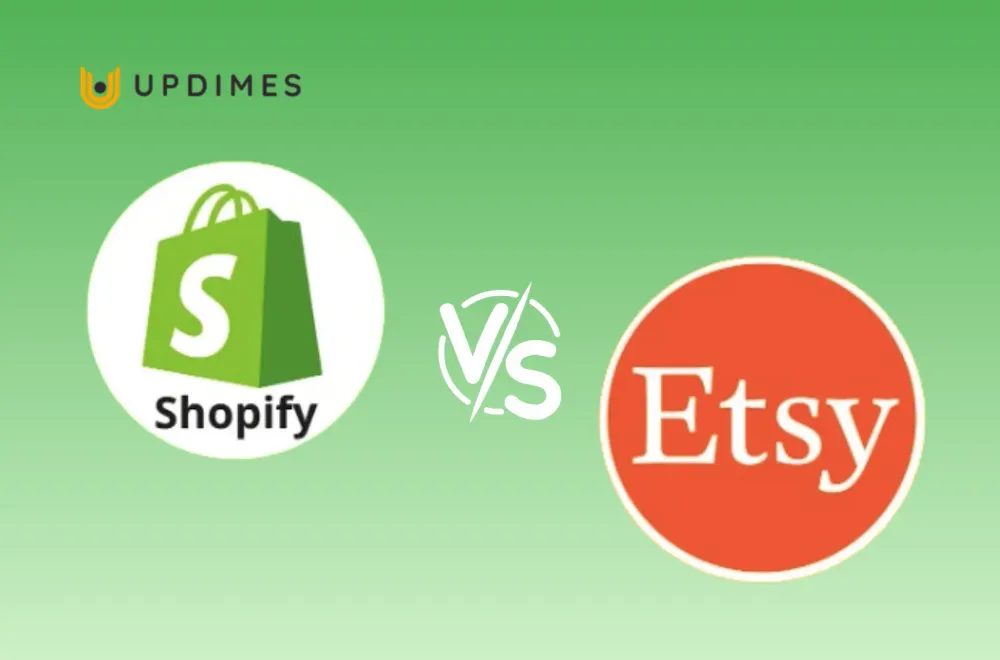
Congratulations on venturing into eCommerce and exploring a print-on-demand Shopify store. More individuals are spending money online than ever before, a pattern that is unlikely to abate anytime soon. Global eCommerce sales are expected to explode, reaching a stunning $7.4 trillion by 2025.
Choosing the correct platform to sell on is a critical step in beginning an eCommerce business. There are many options to pick from, and it might be difficult to discover the best fit for your store.
In this essay, we'll go over two popular options and compare Shopify vs Etsy. Both platforms are excellent for getting started, so let's get started and identify which one is better for you.
Shopify vs Etsy Overview
What is Shopify?

Shopify was founded in 2004 in Canada and has since evolved to become one of the greatest eCommerce systems. Shopify is a fully hosted solution that allows you to quickly launch your online business. Shopify presently powers over 4 million live websites as of August 2022, providing e-commerce retailers with unprecedented possibilities while preserving a smooth and pleasant user experience. Its primary goal is to allow businesses to easily design websites and launch Shopify stores without any technological skills.
What is Etsy?
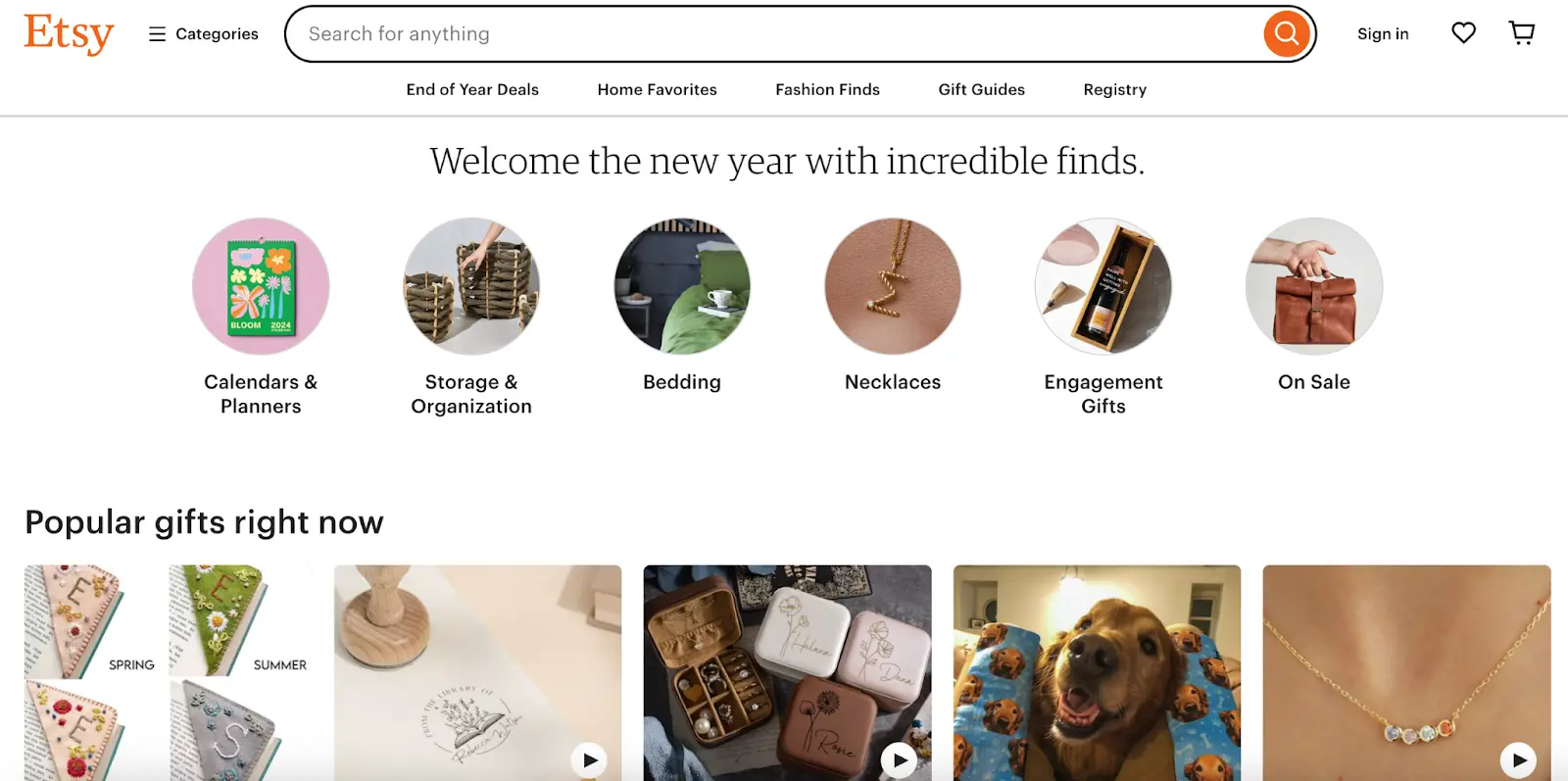
Etsy, on the other hand, has been a hugely successful marketplace site since its inception in 2005. You will establish an account, similar to eBay and Amazon, to create areas for showcasing your products.
Etsy purchasing online sounds appealing to individuals who wish to start small. The marketplace will force you to focus your efforts on product development, client retention, and promotion. However, it is accompanied by a lack of ability to operate your store, expand your brand, and scale up, as we shall cover later in the article.
Product restrictions are less stringent with Etsy Pattern than with the Etsy marketplace. Pattern is free to trial for 30 days before charging a monthly cost of $15.
Shopify vs Etsy: Pros and Cons
#1. Pros and Cons of Shopify
Pros:
- Effective eCommerce tools: Shopify has one of the greatest toolkits for selling online on the market. This features an easy-to-use inventory management tool that tracks, syncs, and analyzes your purchases and inventory levels.
- Shopify is incredibly scalable: It is designed for all store kinds, from tiny enterprises to major corporations. You can customize your branding, upgrade to have access to more features, and add additional plugins.
- You can sell an endless number of goods: There are no restrictions on what or how much you can sell, whether it is actual things, services, or digital products.
Cons:
- Shopify does not assist you with exposure: Customers must search for you or you must get in front of them in some other way (Facebook ads, Google advertising, marketing via email, etc.), so if you don't have a solid clientele, you may not get traffic immediately.
- Applications and plugins can increase the monthly cost: For smaller-scale sellers, the platform may soon outgrow their budget.
#2. Pros and Cons of Etsy
Pros:
- Etsy, being an online marketplace, has a built-in consumer base.
- It's simple to use: Simply create an account, submit your products, photos, and product information, and begin selling.
- Low price: While you must pay listing and transaction fees, there is no additional monthly payment on Etsy's regular plan (more on that later). So, for someone just starting in the realm of online retailing, Etsy is a secure place to start.
Cons:
- Have no creative control: You cannot change the appearance of your storefront or your branding. You also have less influence over the purchasing process of the shopper, and there are fewer options accessible to assist you in increasing your following.
- Product Limitations: Etsy has policies on what can and cannot be sold. Undoubtedly, they cater to specialty things as well as handcrafted, vintage, and one-of-a-kind stuff. So, if you wanted to venture out and sell goods outside of this scope, you couldn't.
- You must pay transaction fees: This equates to 5% on each item sold, as well as a $0.20 listing fee. Once you begin receiving more and more sales, this can make a big hole in your revenues.
Shopify vs Etsy: Which One is Better?
#1. Pricing
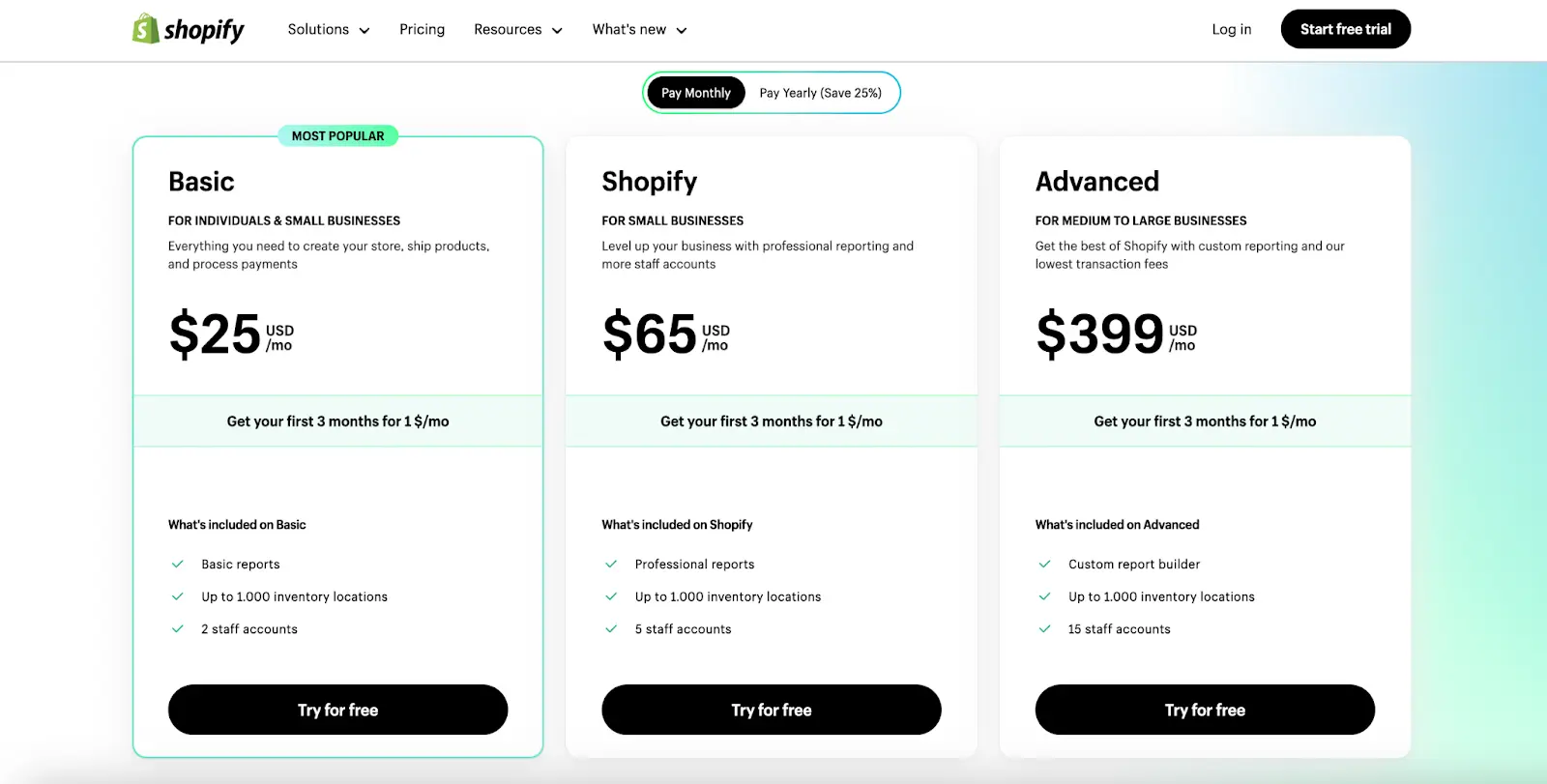
This, as much as any other aspect, contains the make-or-break point for many POD sellers. Shopify charges a monthly subscription fee as well as a transaction fee. Begin with a 3-day free trial, then enjoy $1/month for 3 months, you can choose from one of three monthly plans:
- Basic Shopify: $25/month, Websites for listing products, the ability to sell, with two staff accounts, 24/7 assistance, and blogging capabilities.
- Shopify: $65/month, Decreased credit card rates, 5 prospective employee accounts, and professional reports, as well as POS and gift card incentives.
- Advanced Shopify: $399/month, cheaper credit card rates, 15 employee accounts, report builder updates, and cheaper logistical expenses with third-party estimated shipping.
While Shopify has a large app store that is useful for developing your business and personalizing your store, adding non-free apps can cause your monthly fees to rise.
If you believe that Shopify's price plans aren't the ideal fit for your company, look into some of the Shopify competitors and their costs.
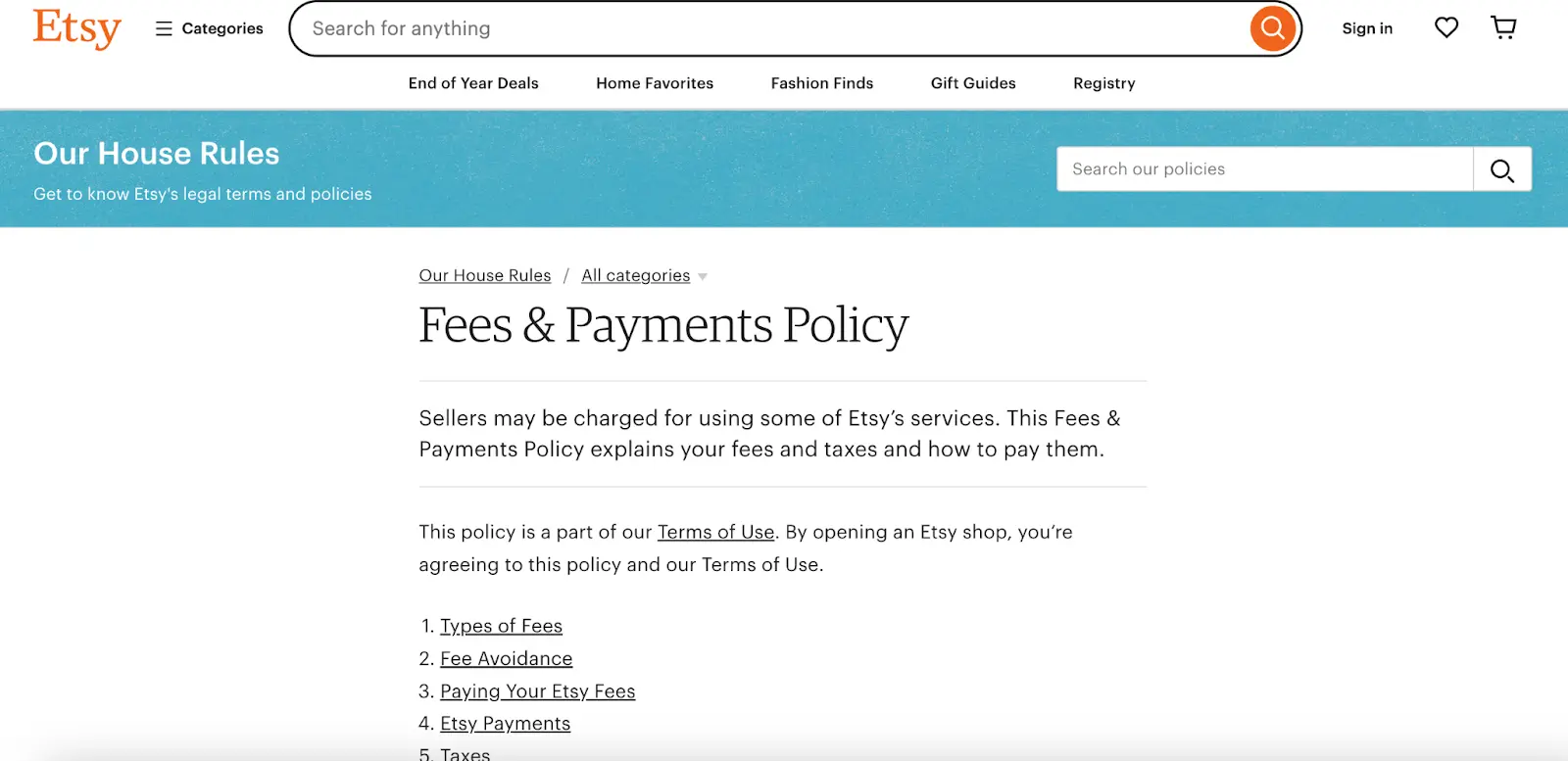
Etsy has chosen not to impose a monthly fee for using their marketplace, in contrast to Shopify. Nevertheless, there are expenses to consider while listing an item as well as transaction fees:
- Subscription cost: $10 per month for Etsy Plus, or free.
- Listing charge: 20 cents for each listing, plus an additional 20 cents for each sale (renewal fee).
- Transaction fee: 6.5% of the total amount spent on each transaction.
- Payment processing cost: 3% + $0.25
In comparison to Shopify vs Etsy, Shopify's membership model does come with a significant upfront payment. But if a shop expands, Shopify can be quite affordable because of its much lower transaction fees.
#2. Ease of use

Shopify – Ease of use
Whether you've previously sold on other eCommerce platforms or are new to starting an online business, Shopify makes it incredibly simple to get started. It's simple to grasp because hosted solutions like Shopify are far more user-friendly than self-hosted options.
Shopify is not the most straightforward platform to use, but it makes creating an online store a breeze. Of course, you won't be able to launch a website in 5 minutes! However, Shopify manages to combine significant eCommerce tools with an easy-to-use editor, suitable for complete beginners.
After creating an account on Shopify, you may set up your store by following the Shopify guide. You will need to go through three major steps: adding products, customizing your store, and deciding on settings. We've produced a tutorial for novices to quickly start dropshipping on Shopify.
Etsy - Ease of use
Selling on Etsy makes things even easier. All you have to do is sign up and post your goods and details to begin selling on Etsy! The most time-consuming step is probably uploading products, which takes a lot of information.
When compared to Shopify, Etsy's overall setup expenses require less effort. As a result, it would be great if you want to sell online quickly and easily.
When it comes to ease of use, Etsy outperforms Shopify. In comparison to Esty vs Shopify, Esty allows sellers to offer and sell things in a couple of minutes. Shopify is still simple to set up, but you will need to scale up as your sales expand.
#3. Design flexibility
There's no denying that design flexibility isn't a selling point for either Shopify or Etsy. Nevertheless, there are major distinctions to consider. And Shopify has more in stock for making your website more appealing.
Shopify - Design flexibility
You will have access to 120+ themes with Shopify, comprising 11 free themes as well as more than 100 paid ones. All of these themes are available in the Shopify themes store, which is constantly updated with new themes. We also offer some single-product Shopify themes to expand your choices.
After you've decided on a theme, you can modify the content portion on the home page. Furthermore, all themes on Shopify are SEO and mobile-friendly, which is critical to improving user experience. You can switch between templates at any time; however, certain themes require content reformatting. Shopify users can create Shopify themes on their own or engage a Shopify Expert to do it for them.
Shopify themes cater to a wide range of business kinds, allowing you to select the best fit for your website. Paid themes range in price from $170 to $350. Dawn, Craft, and Studio are three of the most popular free Shopify themes.
Etsy - Design flexibility
On the contrary, your store will adhere to Etsy's layout and design. A lack of design disturbance is sometimes a smart method to get rid of concerns. You can be confident that Etsy will always do its best to keep your store clean, responsive, and appealing.
Etsy does not allow for customization. All you have to do is enter your store name, submit your logo and product photographs, and write descriptions. By the way, if you don't already have a logo, use a logo creator to get it done quickly.
It's evident that with so few choices on Etsy, it's difficult to make your store the focal point of attention in terms of style. Meanwhile, you can choose a Shopify free or paid theme with numerous sophisticated functions to sell online.
#4. Help and Support

Shopify provides phone and live web chat assistance 24 hours a day, seven days a week, so if you have a problem at midnight, you may call them at any time. They also provide help through their social media sites, forums, and email, as well as video lessons, which are useful for answering more often encountered issues and concerns.
The Shopify Help Center offers a wide range of self-help articles and tips to help you with most issues. This resource is available through the Shopify editor. You'll see a help selection that will take you directly to the correct site in the help center.
Not to mention, Shopify's forum is not to be dismissed. Because this platform is utilized across numerous industries, its engaged community has most likely seen similar challenges before. As a result, the answer is almost certainly already in one of the discussion topics.
Etsy also features a well-designed Help Center. You can use the search option to help you find the information you're looking for. That's in addition to a forum where you may profit from and participate in community discussions, and also ask questions. You can contact Etsy's customer service by email or phone.
Overall, while Etsy provides good customer service, Shopify provides more immediate 24/7 help. As you can promptly interact with a real-life live advisor, Shopify wins the assistance and support category.
#5. Marketing and SEO
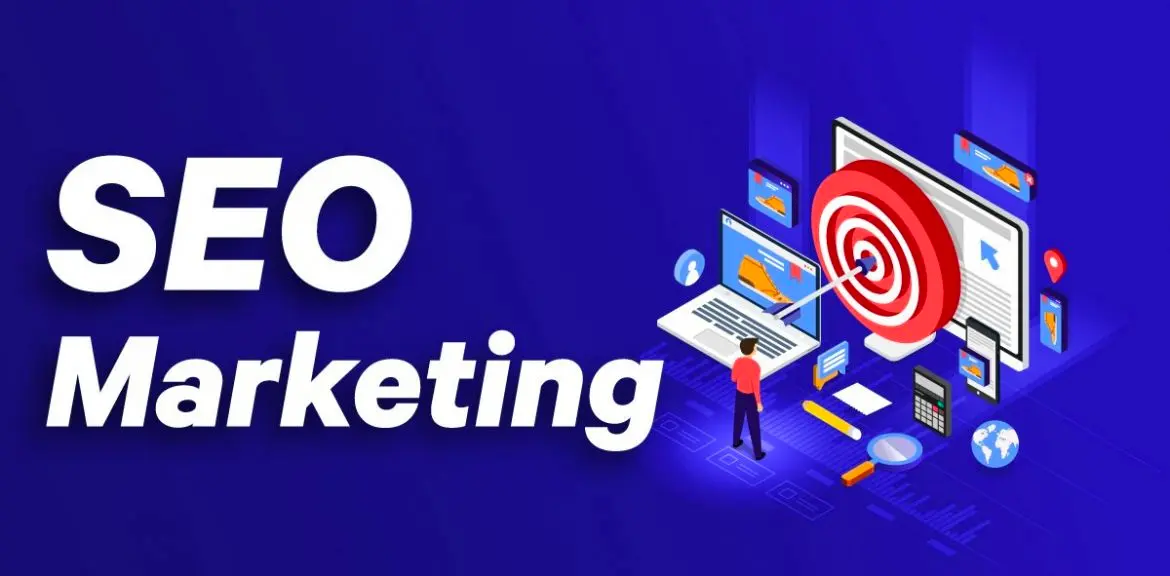
Shopify - Marketing and SEO
Shopify utilizes SEO (search engine optimization) tactics to drive traffic to your business. Headings, meta descriptions, and keywords can be used to personalize your store. In terms of marketing, you'll be able to effortlessly interface with Facebook as well as other social media platforms to construct ad campaigns. You'll also be able to provide discounts and run campaigns to increase client loyalty—and if your clients are satisfied, you may show their feedback on your storefront.
Etsy - Marketing and SEO
Etsy features an in-built search engine that can help you drive shoppers to your page. You can change your page name and listings to attract the correct clients to your online business, and Etsy makes this process simple because the site is already SEO-optimized. In terms of promotion, you can use Etsy Ads campaigns and independently promote your store on social media platforms.
Both Shopify and Etsy use SEO to drive traffic to your business, but Etsy's approach is more user-friendly and takes less effort because it has an integrated search engine as an element of its platform. However, there are fewer possibilities for launching marketing initiatives, and you may have to sell on your social media profiles.
Shopify vs Etsy: FAQs
Is it possible to use both Etsy and Shopify?
You may sync sales and delivery for your eCommerce store to make selling on Shopify and Etsy easier. This is a complete guide for Etsy and Shopify integration.
How can I get my Etsy clients to Shopify?
From your Etsy shop supervisor, export your Etsy information as a CSV file. This involves data downloads for your store, customers, and products (your Etsy listings). Import your store's information into Shopify. Upload your CSV file using the Store Importer software from the Shopify software Store (accessible directly from your Shopify admin).
Is Shopify or Etsy preferable for newcomers?
Shopify offers a per-transaction fee as well as a monthly subscription fee. Etsy charges several fees per sale and for selling things, although there is no monthly price for its basic service. If you're new to selling and don't currently have a customer base, consider Etsy if you provide handmade goods or professional services.
Conclusion
In conclusion, we have provided you with all of the information you require regarding Shopify vs Etsy. We're sure you've understood by now that choosing a winner between Etsy and Shopify isn't a fixed aim based on how they operate.
Shopify is an excellent option for organizations seeking a more extensive, configurable eCommerce solution. The platform has a variety of capabilities, such as a simple storefront builder, built-in processing of payments, and substantial marketing tools.
Etsy, on the other hand, is renowned among artists and craftsmen who want to sell what they make online. It is a more niche marketplace, with several Etsy drop shipping possibilities, and a better option if you seek a tighter-knit community and greater client engagement. Whatever you decide, both options are excellent resources for starting your business.


